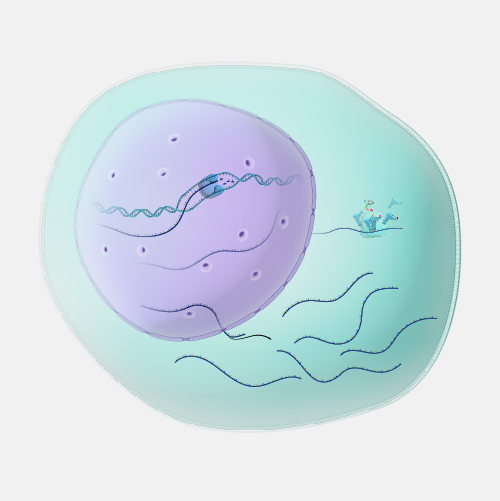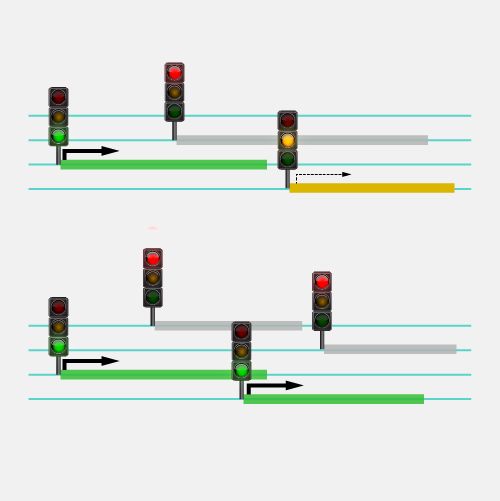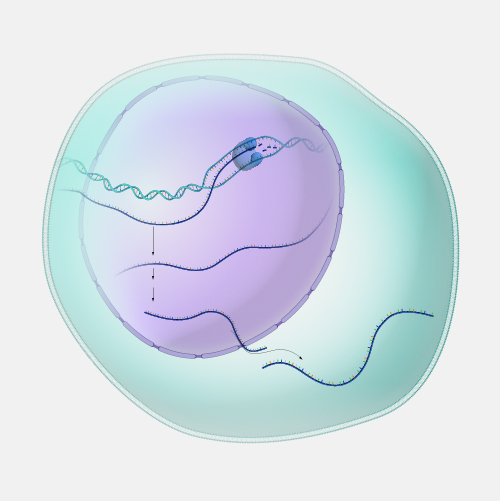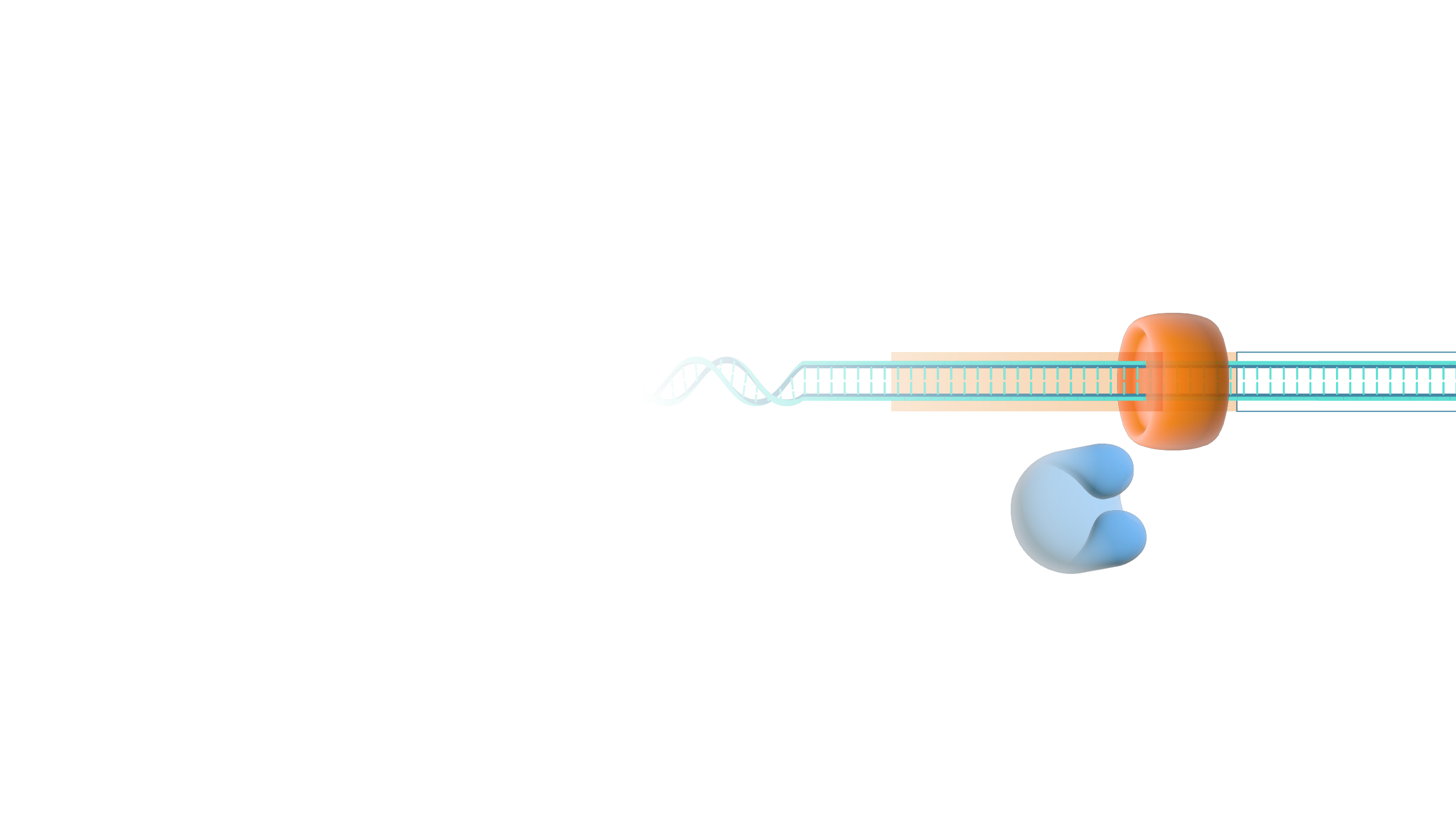
Repressor
Definition
A repressor, as related to genomics, is a protein that inhibits the expression of one or more genes. The repressor protein works by binding to the promoter region of the gene(s), which prevents the production of messenger RNA (mRNA). Repressor proteins are essential for the regulation of gene expression in cells.
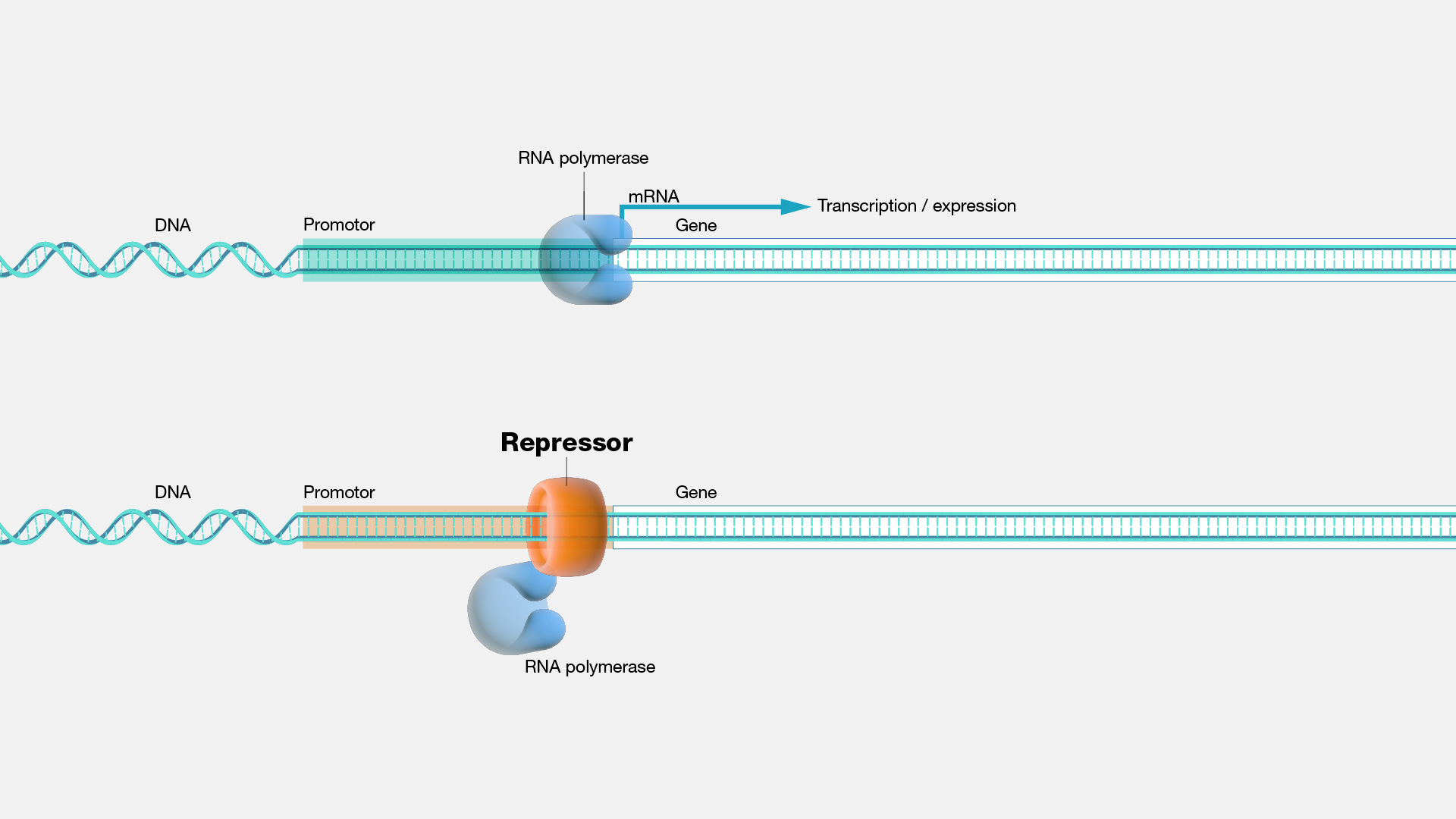
Narration
Repressor. Repressors are proteins that turn off or reduce gene expression, which is reflected by reduced messenger RNA production from the affected gene. Repressor proteins typically function through binding and blocking critical DNA sequences in the gene, such as the promoter where mRNA transcription starts. In bacteria, repressor and activator of gene expression are distinct from each other. In higher eukaryotic cells, however, a DNA binding protein may serve as either activator or repressor of gene expression, depending on its interaction with other proteins in the cell or other cellular context. Furthermore, other molecules such as non-coding RNA may serve as repressors as well.



